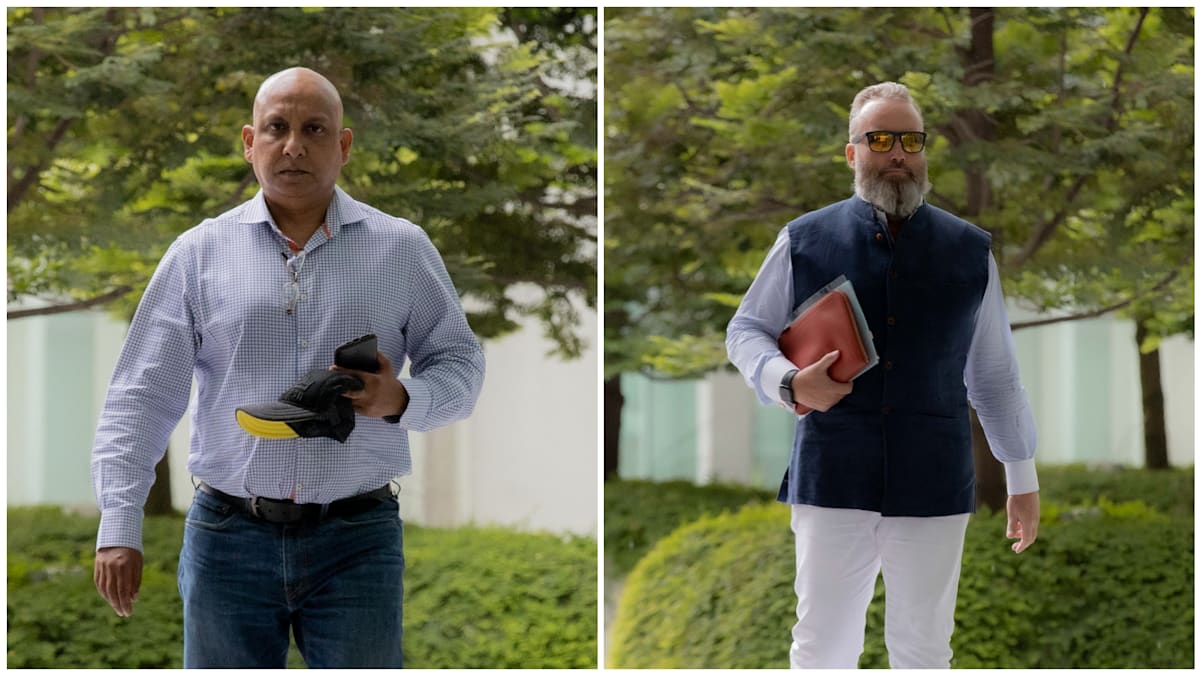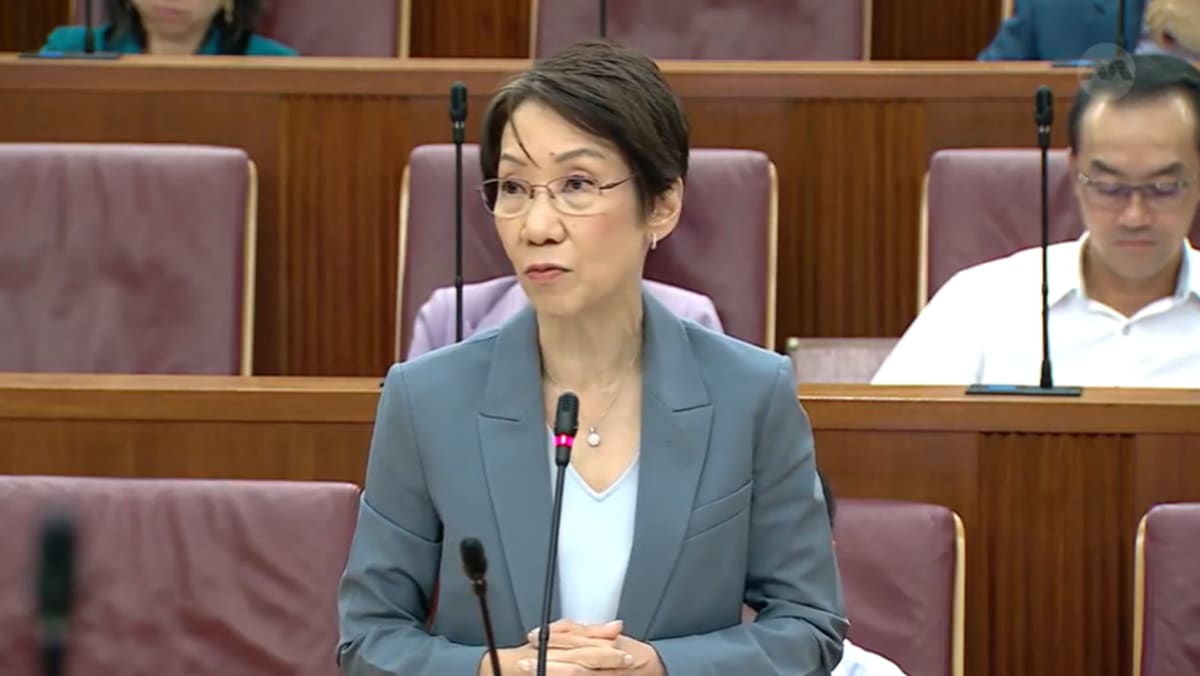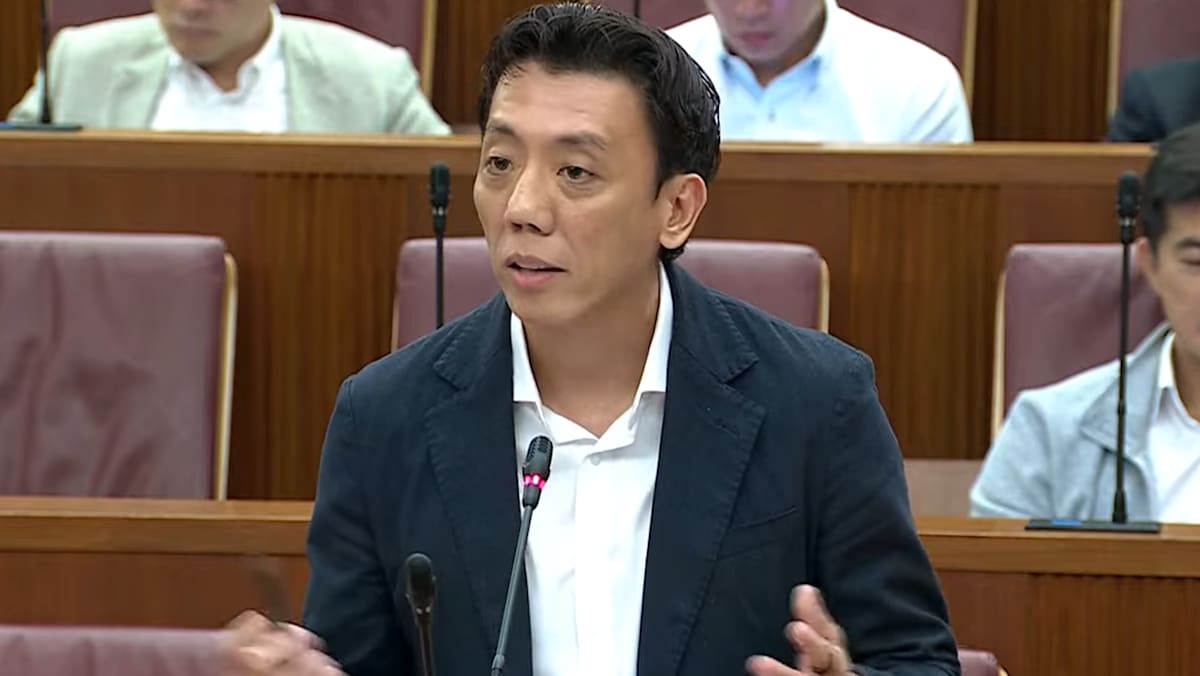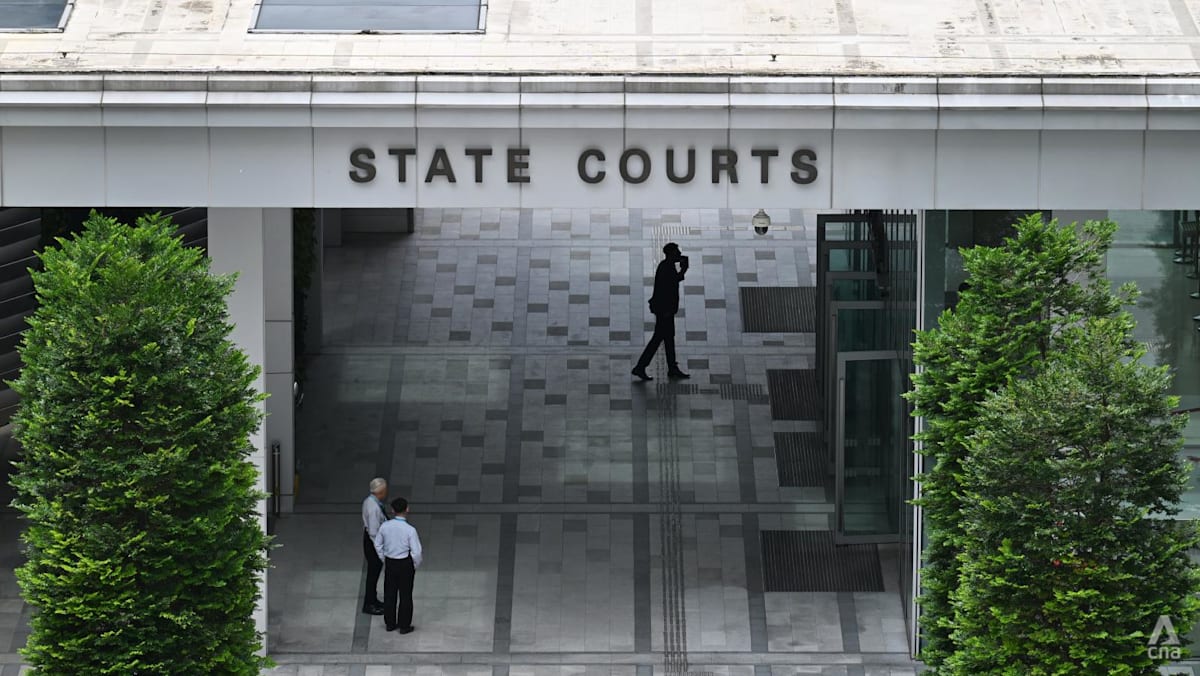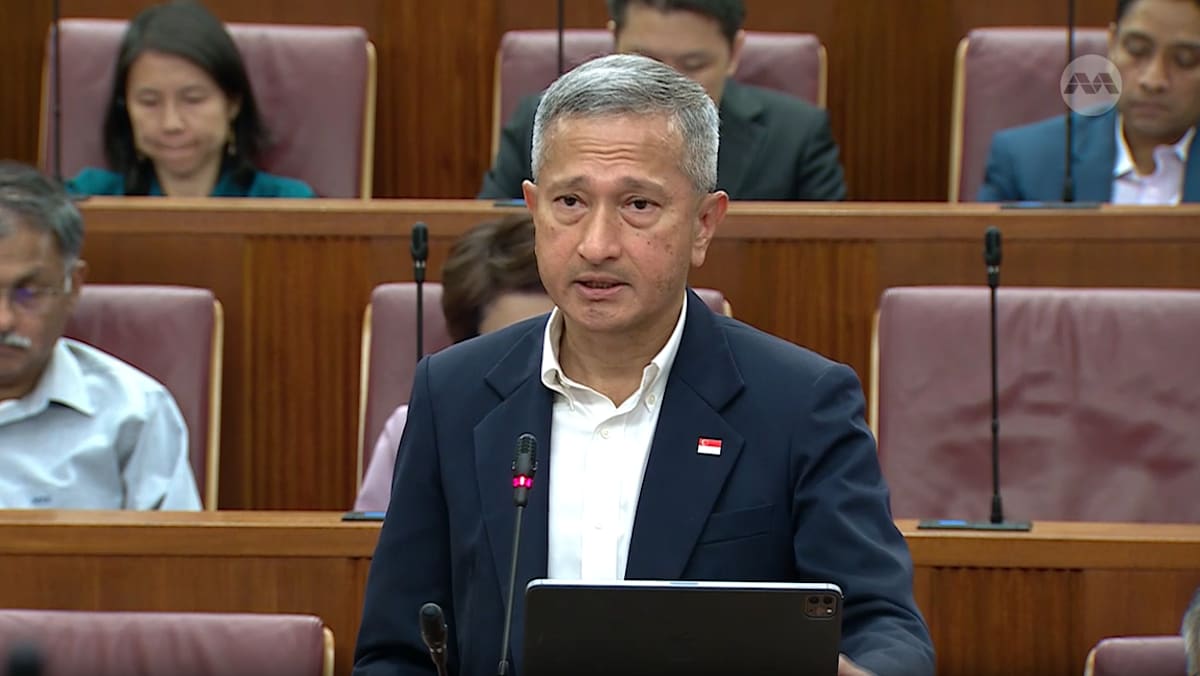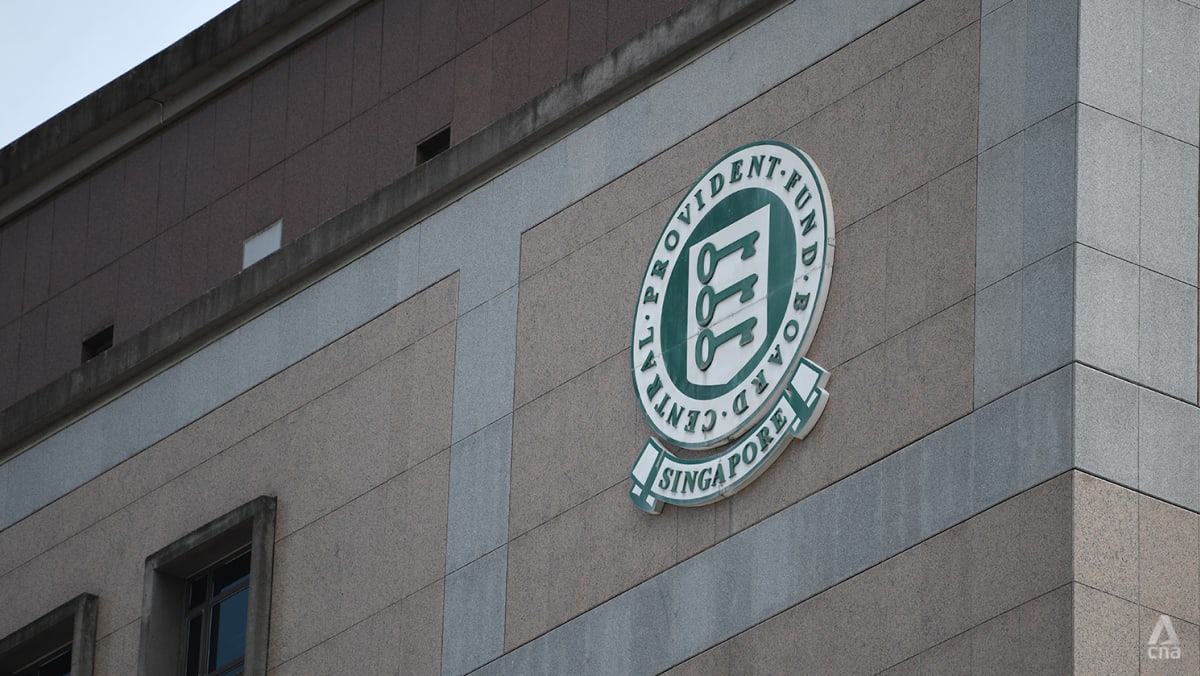SINGAPORE: The PUB officer involved in altering documents relating to a biocide supply contract will have his performance grade downgraded.
Singapore’s national water agency has issued the officer a formal reprimand as well, Minister for Sustainability and the Environment Grace Fu said on Monday (Sep 22).
She was replying to a parliamentary question by MP for Ang Mo Kio GRC Nadia Ahmad Samdin about the ministry’s internal investigation into irregularities found in PUB’s contracts that were flagged by a government audit in early September.
Another six officers involved in lapses related to a supply of stocks have had disciplinary action taken against them too, Ms Fu said.
These officers had failed to be diligent in carrying out required checks and had not carried out adequate ground supervision to enforce requirements under contracts.
She added that the ministry took the Auditor-General’s Office (AGO) audit findings “seriously”.
On Sep 9, the AGO released a report for the financial year 2024-2025, flagging possible lapses and irregularities in its annual audit of PUB.
One of these included “tell-tale signs” of possible irregularities between the soft copy and hard copy of the certificates of analysis for a biocide supply contract.
Biocide is primarily used to control midges – small insects that exist in and near water bodies – at Singapore’s reservoirs and waterways.
Changes to the soft copy showed a different version number, format, and information from the original hard copy provided by the contractor for each delivery.
These sought to give the false impression that checks on the active ingredient level had been performed by the accredited laboratory, and that PUB had accepted goods that met its contractual requirements.
Ms Fu said that PUB completed its internal investigation on this issue and found an individual officer at fault.
“The certificates of analysis (COAs) were altered to include required information which has been omitted. The alterations were done to cover up the incompleteness of the original documents to be provided to the AGO auditors, but the contents were factual,” she said.
The officer had been penalised through a formal reprimand and will have his performance grade downgraded, added Ms Fu.
Apart from the omissions, the AGO also highlighted issues regarding PUB’s contract management for the supply of biocide and chemicals.
The audit showed that there was inadequate monitoring of stock levels. PUB made payments for deliveries even though the certificates of analysis submitted did not comply with contractual requirements, among other findings.
PUB said that its standard operating procedure requires purchase orders to be raised when biocide stock reaches a “specific trigger level”.
However, there were lapses during the process of monitoring and verifying the stock levels of biocide, which resulted in delayed purchase orders. It then incurred an added cost of about S$300,000 (US$233,500) to replenish the stocks quickly.
Ms Fu said that PUB had identified the root cause of the supply issue to be individual officers not being diligent in carrying out required checks, and inadequate supervision to enforce the requirements stated under the contracts, including verification of documents submitted by the contractors.
“It has taken appropriate disciplinary action against the six officers involved,” she said.
OTHER LAPSES
Ms Fu also addressed the efforts being taken with respect to the other lapses pointed out by the AGO.
The AGO had found possible irregularities in the quotations provided for 23 out of 25 star rate items under a construction contract for waterscape works. These are items with rates not listed in contracts.
These totalled S$148,900 or 94 per cent of the total value of star rate items test-checked under a construction contract for waterscape works.
The AGO expressed concerns over the “authenticity of the quotations provided and whether value for money had been obtained for the items”.
Ms Fu reiterated that PUB had reported the matter to the police to investigate for fraudulent practices.
“It has also conducted a thorough review of similar contracts and did not find such irregularities. It will follow up with its own disciplinary actions should the police investigations uncover any wrongdoing,” she added.
On AGO’s finding on the lack of comprehensive coverage of maintenance contracts for PUB’s water quality analysers at three private sector plants, Ms Fu said that PUB had already been working on addressing the gap before the audit.
It has since addressed the issue “by using its other contracts to cover the scope of work”.
Under a public-private partnership arrangement, each water plant is operated by a private-sector partner, which would install and maintain a set of analysers to measure water quality. PUB also installed its own water quality analysers at these plants to countercheck the partners’ water quality readings, which enable it to ensure that things are in order before making payments.
The AGO had found indications of poor management of these contracts, including how the system to alert PUB when analyser readings reach specified limits was not working.
It also found that the scope of work in the contracts was not comprehensive and an extended time was taken to rectify the loss of PUB analyser data.
At two of the plants, PUB’s analysers had technical issues that resulted in the malfunctioning of the SMS alert systems, as well as gaps in data transfer from the analysers over a 12-month period.
“It installed water quality analysers as additional precautionary checks over and above the analysers installed by the private sector operators,” she said, adding that results of the analysers are cross-checked daily with water sampling tests.
“I would like to assure the House that PUB has instituted adequate checks to ensure delivery of clean water that is safe to drink,” Ms Fu said.
STEPS TAKEN
The minister said that PUB has taken steps to strengthen its processes.
PUB has increased the scope of its regular internal audits on procurement and contract management.
“This includes additional checks on star rates in contract variations, and use of digital tools, including AI, to improve checks on contractual requirements and detect fraud,” she said.
PUB has also tightened its standard operating procedures (SOPs) for contract management to ensure it aligned with contractual requirements, such as requiring original certificates of analysis to be submitted.
PUB has tightened its SOPs for checks on the quality of the stocks used in its operations, Ms Fu said. It has confirmed that the quality of the stocks that it received earlier met PUB’s requirements.
“It will take appropriate action against contractors who fail to meet their obligations, including those who submit non-compliant certificates of analysis.
“Wherever feasible, it is automating processes to reduce reliance on manual monitoring and the risk of human error,” Ms Fu added.
PUB will continue to share the lessons from the findings with all staff, as part of regular training and communications on procurement and contract management, Ms Fu said.
SUPPLEMENTARY QUESTIONS
In a follow-up question, MP for Jalan Besar GRC Shawn Loh differentiated the type of errors discovered by the AGO. One was human error, while the other was the lack of integrity, which was “more serious”, he said.
He asked if there was a difference between the two in PUB’s reprimand framework, and if the lack of integrity would be treated more seriously.
Ms Fu replied that it may not be clear which of the findings related to a lack of integrity.
She reiterated that the finding about the accuracy in rates used was still being investigated, and the ministry was holding its assessment pending the outcome.
On the officer who altered the document, the ministry found that the facts were not misrepresented and the document was factual.
“So actually, there was an error of … judgment on the staff’s part to use … alteration to provide the information that’s required by AGO, there wasn’t any suffering in terms of financial or other issues or operational issues that the agency has received.”
After reviewing the guidelines adopted by the public service, the ministry decided that reprimanding and downgrading the officer’s performance grade is the “right outcome”, Ms Fu said.
MP for Tanjong Pagar GRC Foo Cexiang asked if the ministry has considered whether the workload of officers was a contributing factor to lapses, for example, the number of contracts that each officer has to handle.
Ms Fu replied that the lapses were “not so much” due to the amount of work, but rather because of processes that have been unclear and not carried forward properly.
Officers can still raise issues relating to resources to their supervisors, Ms Fu added.


